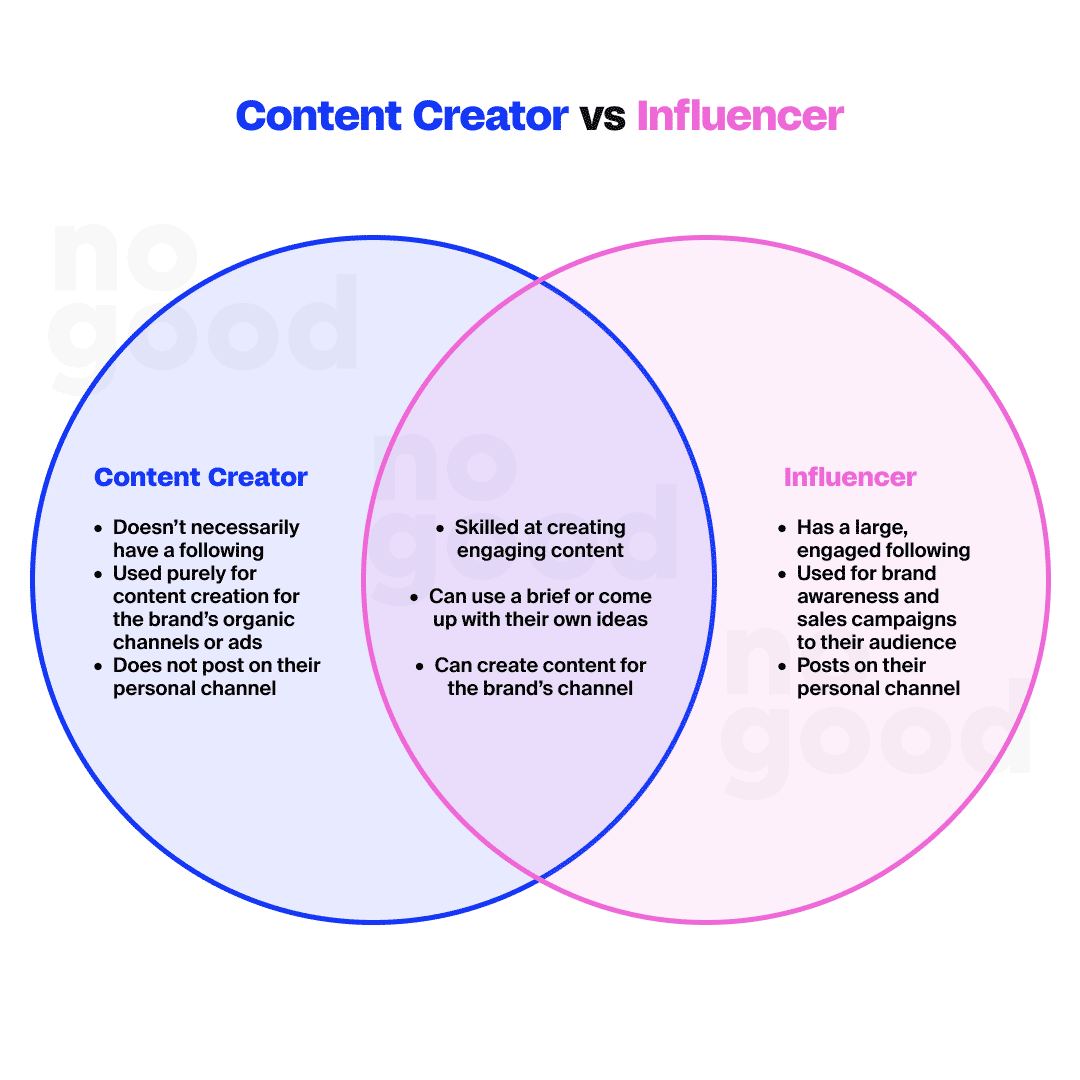Influencer Marketing Strategies for Small Businesses
As an enthusiastic advocate in the realm of influencer marketing, I’ve witnessed firsthand the transformative power it holds for small businesses. Drawing from personal experiences and a passion for connecting brands with their ideal audiences, I am thrilled to share some insights on how small businesses can leverage influencer marketing effectively. Whether you’re just starting or looking to spruce up your current strategy, there’s something for everyone here.
Understanding Influencer Marketing
Influencer marketing has rapidly become a cornerstone in the marketing strategies of businesses of all sizes. At its heart, it’s about partnering with individuals who have a dedicated social following—social media content creators—to promote your brand in an authentic and engaging way. Over the years, the notion of what constitutes an “influencer” has evolved dramatically. We’re no longer in an age where only celebrities wield influence; today, people with niche followings, often referred to as micro-influencers, are just as pivotal.

For small businesses, influencer marketing can be a game-changer. It offers a chance to reach out to potentially vast audiences without the hefty price tag associated with traditional advertising methods. By forging genuine connections, these collaborations can drive traffic, boost sales, and enhance brand visibility. In essence, influencer marketing can level the playing field for small businesses, offering them a chance to shine alongside industry giants.
Identifying the Right Influencers for Your Brand
The key to a successful influencer marketing campaign lies in finding influencers who align perfectly with your brand values. It’s not just about who has the most followers but who resonates with your mission and ethos. I remember working with a small organic skincare brand; we zeroed in on influencers who were passionate about sustainable living and had followers deeply engaged in similar topics. This alignment made the campaigns genuinely impactful.
Micro-influencers play a crucial role here. These influencers may not have millions of followers, but their audience is loyal and highly engaged, making their recommendations more potent. They often charge less than their larger counterparts, which is a boon for small businesses on a tight budget.
To hunt for the right influencers, there are several tools at your disposal. Platforms like Buzzsumo and Traackr allow you to assess potential influencers based on reach, engagement, and content strategy. It’s all about finding those voices that echo your brand story and can deliver your message in an authentic and compelling manner.
Creating Effective Collaborations
A successful collaboration goes beyond just a simple shoutout. It involves crafting authentic and creative content that resonates with both the influencer’s audience and your brand’s message. When I collaborated with an influencer for the launch of a new eco-friendly stationery line, we focused on storytelling. The influencer shared a day-in-the-life reel using the products, showcasing their practicality and sustainability to her audience.
Strategic partnership strategies are essential. Encourage influencers to share personal stories or experiences with your product. This approach fosters authenticity and trust, critical elements for effective marketing. Successful collaborations I’ve witnessed often involve giveaway contests, exclusive discounts, or co-created content that provides value to the audience.
Reflecting on these collaborations, it’s apparent that authenticity is the linchpin of successful influencer marketing. When an influencer’s content speaks genuinely to your product, their endorsement doesn’t feel like an ad; it feels like a trusted friend sharing their latest find.
Utilizing Social Media Platforms
In the bustling digital age, choosing the right social media platform can significantly impact the outcome of your campaigns. Platforms like Instagram, TikTok, and YouTube each offer unique advantages and cater to different demographics. Instagram, with its visually-driven interface, is perfect for lifestyle and fashion brands, while TikTok’s dynamic, creative space is ideal for more engaging, playful content. Meanwhile, YouTube provides an avenue for in-depth reviews and tutorials.
Understanding platform-specific strategies is crucial. For Instagram, hashtags and stories can boost the visibility of your posts, while TikTok thrives on trends and challenges. Analyzing audience engagement on these platforms will help tailor your content to what resonates most with your audience, ensuring maximum impact.
Measuring Success and ROI
No strategy is complete without measuring its success. To truly understand how well your influencer campaigns are performing, you must focus on key performance metrics such as engagement rate, click-through rate, and conversion rate. These insights will allow you to see what’s working and what needs tweaking.
Data analysis is your best friend in this endeavor. It provides a clear picture of how your campaigns are performing and guides decisions on adapting strategies. Evaluating the ROI of your influencer marketing efforts helps justify the expenses and informs future allocations of your marketing budget.
From experience, measuring success isn’t solely about the immediate returns. It’s also about long-term relationships, brand visibility, and engagement. Remember, influencer marketing isn’t just a one-time booster shot for your brand; it’s an ongoing journey that requires constant refinement and optimization.
Overcoming Common Challenges
Every small business faces unique hurdles when diving into influencer marketing, with budget constraints often leading the pack. Yet, with thoughtful planning, even the tightest budgets can accommodate effective campaigns. Opt for micro-influencers or engaging collaborations that provide value beyond monetary exchange, like offering free products in exchange for promotions.
Enhancing brand visibility through the right influencers can sometimes feel like a daunting task, but perseverance pays off. Avoiding common partnership pitfalls by ensuring crystal-clear agreements and maintaining open communication with your influencers. This clarity ensures a smooth collaboration that benefits both parties.
In conclusion, embracing influencer marketing with a strategic mindset can propel your small business to new heights. Drawing on personal insights and a passion for connecting brands with the perfect voices, I hope this guide illuminates the path to harnessing the vast potential of influencer marketing. Here’s to your journey towards impactful, vibrant, and successful influencer collaborations!
